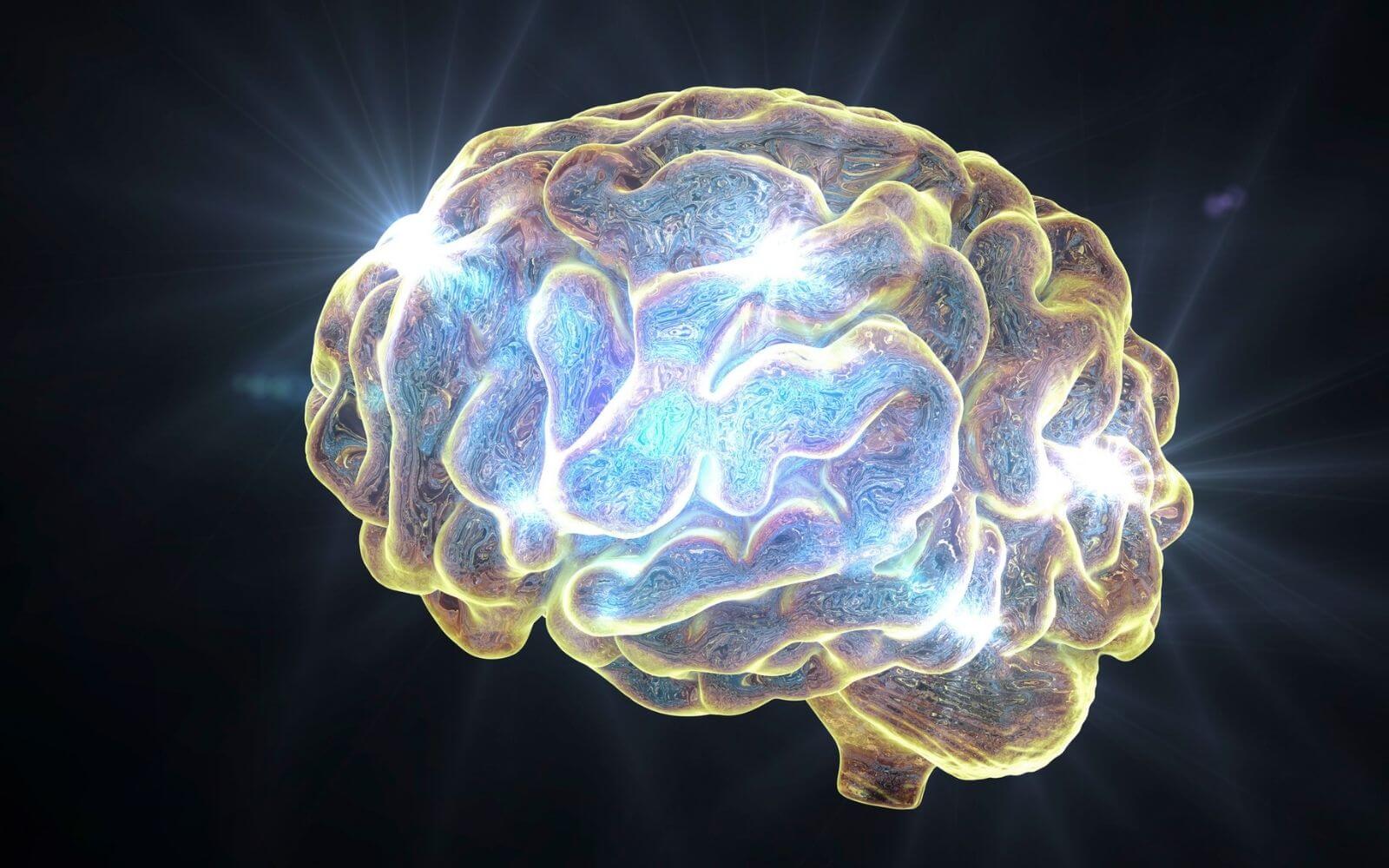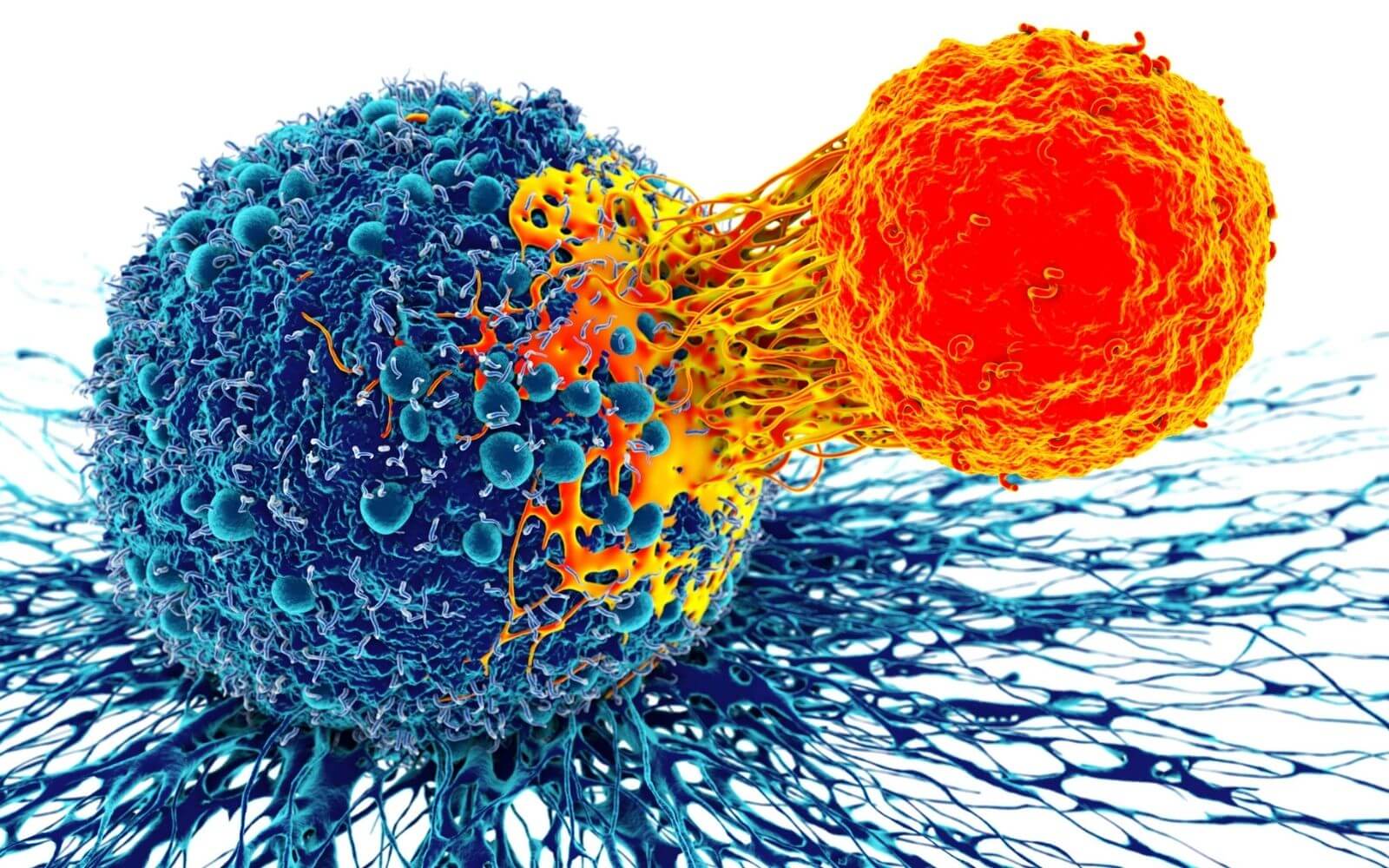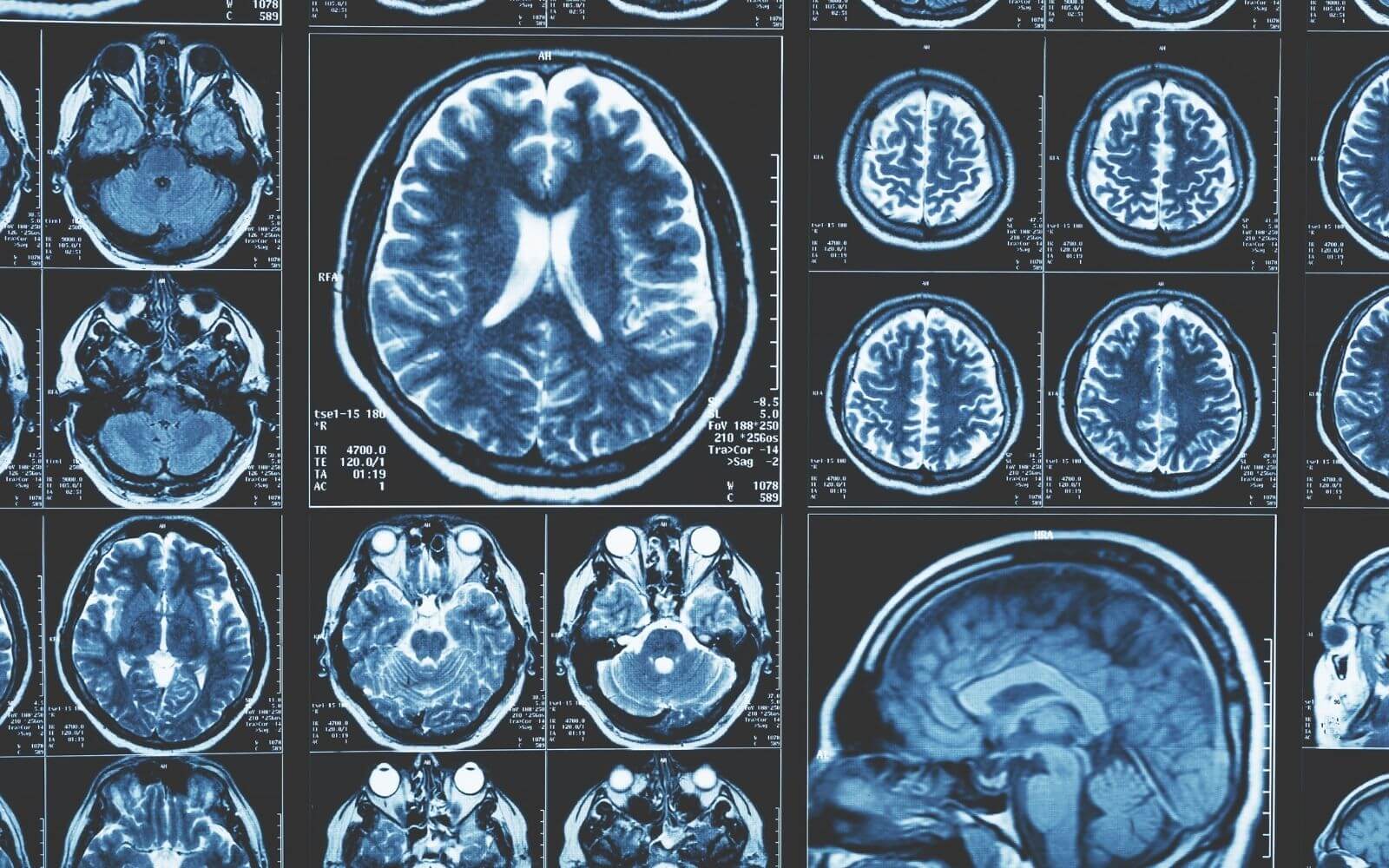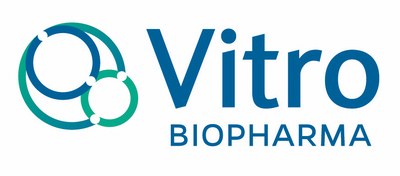Stem Cell Therapy of Stroke: Current Research Support and Clinical Studies

February 17, 2015
Adult stem cell therapy is a common FDA-approved procedure for treatment of blood disorders including leukemia, lymphoma and autoimmune diseases. Cell therapy using other types of adult stem cells including mesenchymal stem cells (MSCs), neural stem cells (NSCs) and muscle stem cells (Satellite cells) is supported by research findings and proof-of-principle clinical trials but this therapy is not yet approved by the FDA.
Recent reports of the dramatic recovery of stroke by hockey legend, Gordy Howe have raised awareness and questions about stem cell therapy of stroke. Mr. Howe received allogeneic transplants of NSCs (i.e, from another person) into his cerebrospinal fluid about 30 days following a debilitating stroke that left him partially paralyzed, unable to speak and bedridden. Within hours of the NSC transplant he began to speak and walk. He was then given another treatment of intravenous MSCs the next day and his recovery accelerated following this. He now has nearly completely recovered from stroke symptoms, and prior dementia is apparently subsiding based on tests showing increased mental acuity. Even though stroke incidence is age related, the aged brain may be regenerated by cell therapy (CT) although treatment efficacy is likely to be adversely affected by co-morbidities such as diabetes and hyperlipidemia. A recent review of proof-of-concept clinical studies using transplanted MSCs and/or NSCs concluded that the results justify more extensive clinical trials (1).
This is supported by recent pre-clinical research using stem cells manufactured by Vitro Biopharma. Based on prior animal studies showing reduced cell death by stem cells, researchers at the University of Illinois Peoria Medical Center showed statistically significant reversal of apoptosis, or cell death, to near control levels by single injection of Vitro Biopharma MSCs intravenously into rats that had previously been subject to an animal model of stroke. Thus, part of the mechanism involved with CT of stroke may be reduction in stroke-induced cell death in the brain. Current research shows that stem cells influence recovery from brain injury by increased neuroprotection, reduction of inflammation and oxidative stress. In addition, stem cell based regeneration involves differentiation of stem cells into nerve cells, glial cells (supporting cells of the brain); stem cells also lead to regeneration of blood vessels (angiogenesis) enabling re-establishment of blood flow.
The standard treatment of stroke has not advanced significantly in several years and predominantly relies on rehabilitation while stem cell therapy has support for the transition to clinical studies from substantial pre-clinical demonstrations of efficacy. Proof-of-principle clinical studies also support safety and efficacy and thus more extensive, placebo-controlled and blinded clinical trials. Given our aging population, its global incidence and tremendous burden on health care systems, families, lost productivity and quality of life, there is an urgent need for more extensive clinical studies of stem cell therapy of stroke.
Vitro Biopharma is committed to supporting this endeavor through its products, services and expertise that include GMP production of human NSCs & MSCs derived from various sources, technology & products for activation of stem cells residing within the body and detailed analytical methods to quantitatively determine the effects of stem cells on brain regeneration.
By Jim Musick, Ph.D. CSO of Vitro Biopharma/Vitro Diagnostics, Inc.
References:
- Doeppner, TR and Hermann DM, Front Cell Neurosci 8: 357, 2014.
Also in Blogs

Immunotherapy of Solid Tumor Cancers: Role of Cancer Associated Fibroblasts

Anti-Aging Stem Cell Therapy Improves Quality of Life


